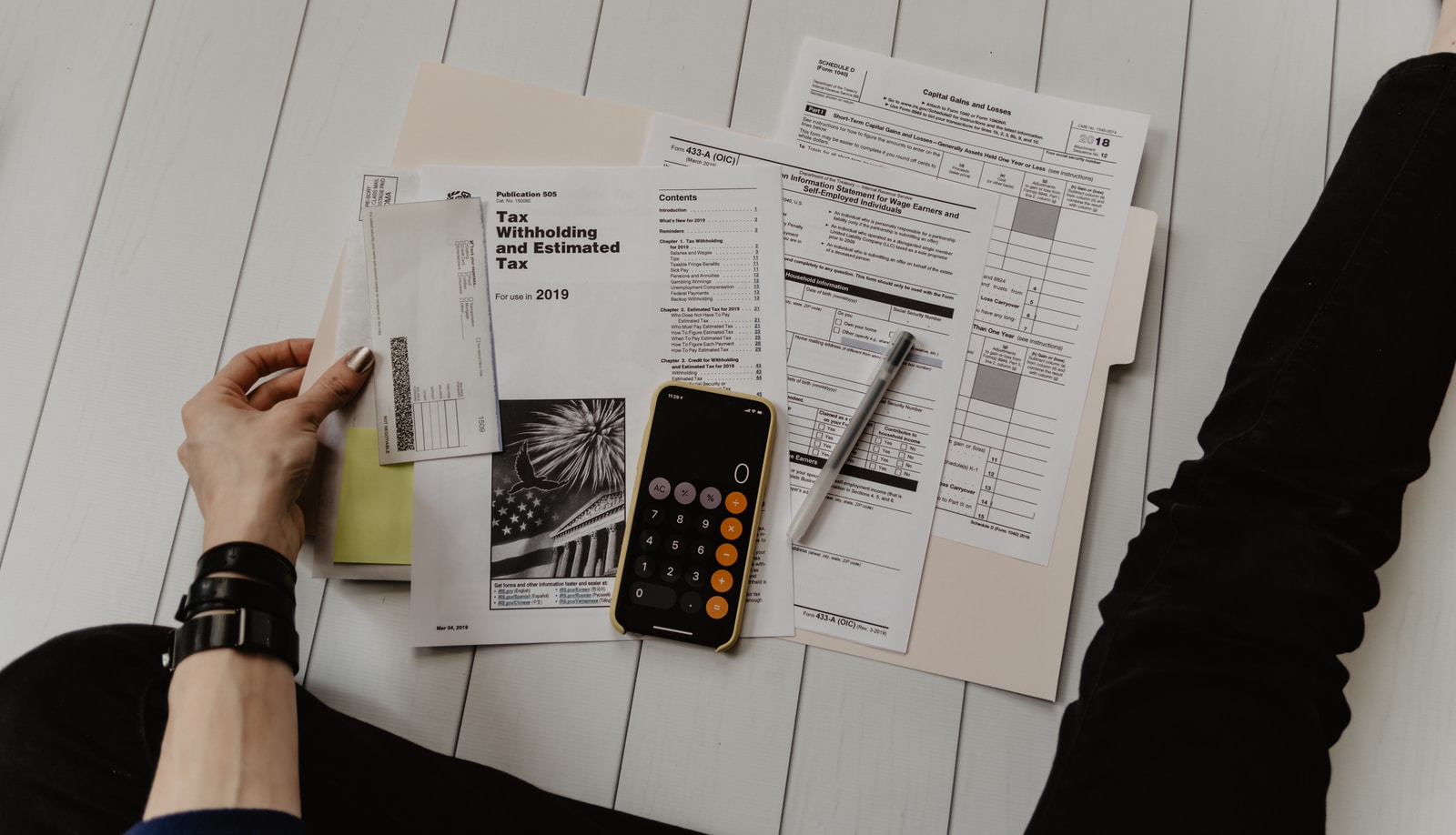Capital gains tax is a tax that is charged on the profit made when an asset, such as real estate or stocks, is sold. This tax may be levied for both the individual who profits from the sale and for his or her heirs. However, in certain circumstances, it can be difficult to determine whether or not a capital gain has been made by an heir- how did they come into possession of their inherited property? In this blog post, tips are given to help you out.
Who pays capital gains tax on inherited property?
When someone inherits an asset, they are required to pay capital gains tax if they sell it or use it within a year of receiving the asset. This affects people who receive assets as a result of a death or divorce. However, if somebody dies without leaving an estate and their spouse has no claim on any property, then nobody pays capital gains tax on their inheritance.
How to avoid capital gains tax on inheritance?


The capital gains tax is an income tax levied on the profits a business could make by selling off property. The goal of this tax is to avoid speculation and investment in real estate as it can be difficult to predict future values.
As such, the government ties the value of your property to the asset value of that property at the time that you sell off your home. In addition, they also use inflation rates and cost of living data to determine how much you would have paid in taxes if you had sold the home before the death of your loved one.
What can you do to minimize your exposure to Capital Gains Tax?
Capital gains taxes in the UK are based on the deceased’s death date, not the date of sale. If you’ve inherited a property that was previously owned by your spouse or common-law partner, you may be able to legally avoid paying capital gains taxes if you sell the property without realizing a profit within 18 months of taking ownership.
For example, let’s say your parents die and leave all their assets to you and then they die six months later. You can sell the home they left you and make no profit on the sale – because it was inherited rather than sold – providing you don’t realize an income within 18 months of taking ownership.
How do I find out if I’m liable for capital gains?
This depends on their circumstances, so it can be difficult to know before the event. There are, however, some ways you can figure out if you will be liable. Capital gains tax is a tax on the appreciation of assets, such as property, stocks, and shares. Capital gains taxes are imposed when assets are sold or a person inherits those assets. For example, if you inherit £500k from your parents and sell it for £550k the next day, you would have to pay capital gains tax on the difference of £50k.
What are my options for paying capital gains tax in the UK?
If you’re looking to pass on your assets to loved ones, it’s important to know the capital gains tax rules and what your options are. The UK has an inheritance tax and a capital gains tax on assets passed down the family line. If you inherit an asset from a relative and it increases in value during their lifespan, the amount of capital gain could be more than 10 years’ worth of income for some individuals – this is a potential tax trap.
There are two different options for paying capital gains tax, the first being to leave assets untouched and let them pass to heirs without payment of capital gains, and the second to use the lifetime allowance.
Also Read:- The Ultimate Guide To Credit Repair 2022: How Does It Work?
The value of the property has been reduced
If you are looking to avoid capital gains tax on your inheritance, then you need to either give all the property away or set up a trust for your heirs with the property as the asset. Even if you come into ownership of all properties utilizing a gift, the value of those properties may change before they can be sold. In these cases, it is not necessary to pay any capital gains tax because the value decreases. If you have inherited property that you want to sell and it has depreciated, you may owe capital gains tax on the sale. Here are some tips to avoid the tax:
1) Sell the property before you die
2) Record the sale of the property within one year of inheriting it
3) If you don’t sell the property within 5 years, it goes back into your estate
4) Pay taxes on the sale when you file your federal income tax return.
Conclusion
To avoid paying capital gains tax on inheritance, you should make sure that none of the assets are sold, transferred, or gifted in their entirety before death; only gifts and donations can avoid taxation.





























